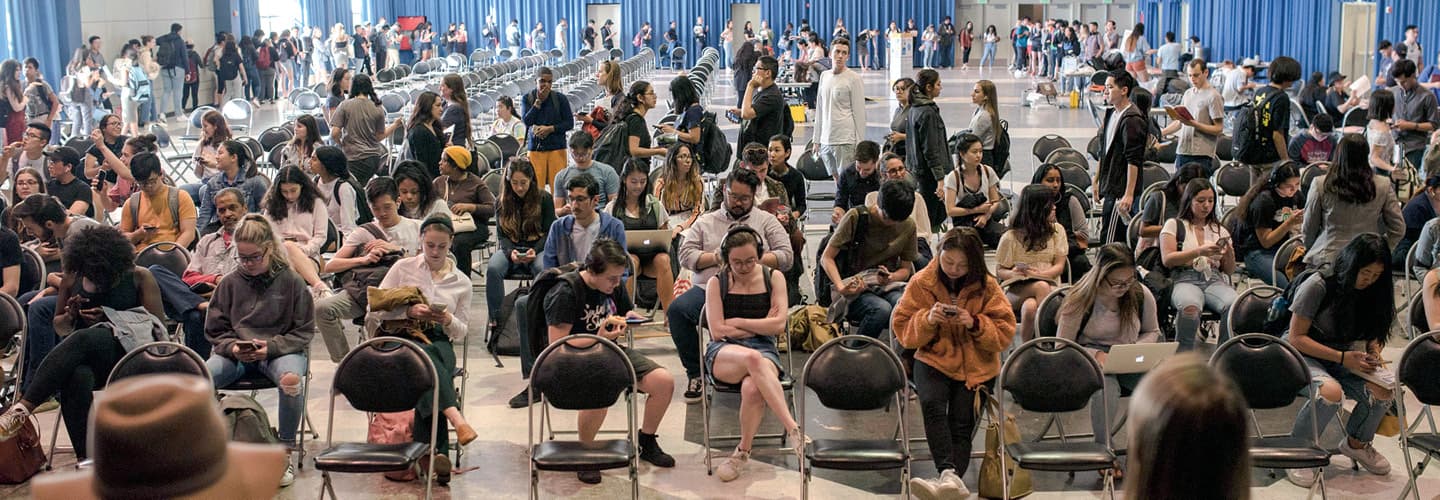Voting is our most fundamental right, a tremendous privilege, and a responsibility. A democracy that values equal participation makes voting simple for everyone.
When we debate whether voting should be easy, we’re really asking who should have additional barriers placed before them. We know where those burdens hit hardest: on young people and communities of color.
In Georgia, for example, if you vote after 7 p.m.—as many working people do—you’ll wait 51 minutes in line if your polling place is 90 percent people of color, according to a Stanford University analysis of voting data. And if your polling place is more than 90 percent White? Then the line typically lasts just six minutes.
Until recently, there were two bad options if you were among the 55,000 students at the University of Florida in Gainesville and wanted to participate in early voting but didn’t have a car. You could hike 32 minutes to the supervisor of elections’ office or take an hour-long bus ride. Students asked for an early voting center on campus. Local officials said no. They said voting matters so much that students should work harder to make their voices heard. So students organized shuttles and drove campus turnout numbers high above the national average.

